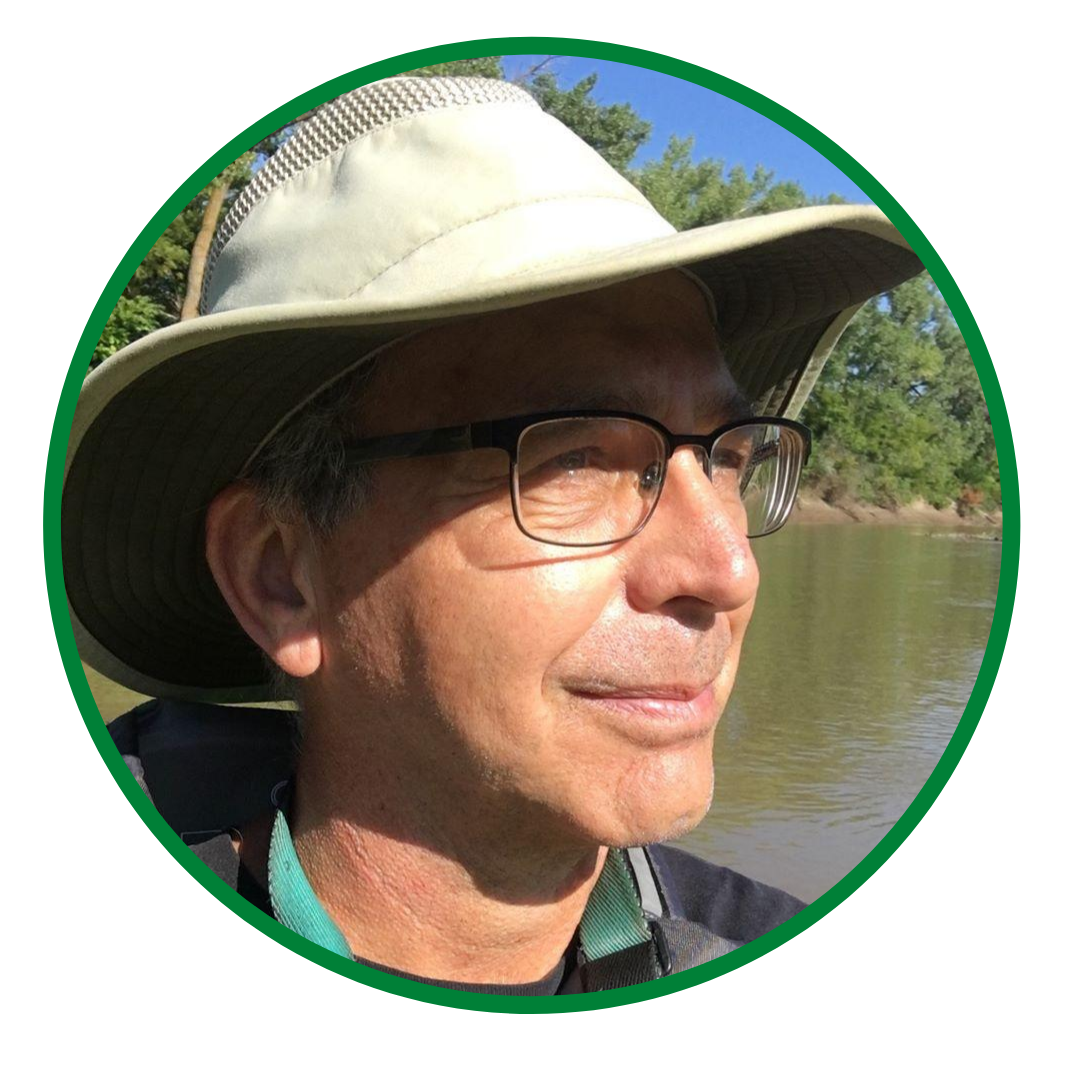 Tim Crews
Tim Crews
Director of Research and Lead Scientist, The Land Institute
Tim, Director of Research, is at The Land Institute because in his words, “the work is the most focused and far reaching of any organization I know. It promises to transform agriculture from being an ecological liability to an asset.” Tim first visited The Land Institute in 1981 after reading New Roots for Agriculture as an undergraduate majoring in agroecology at the University of California-Santa Cruz. Over the next three decades, he pursued a doctorate degree at Cornell, carried out a post-doc fellowship at Stanford and developed an agroecology program at Prescott College in Northern Arizona. But all along he continued to track the work of The Land Institute, and in 2000 began to collaborate directly. In 2012, Tim joined the staff as director of research and an ecologist. He helps facilitate and coordinate research efforts of his colleagues, and conducts work on the ecosystem functions performed by soils.
Professor, Global Health, Professor, Env. and Occ. Health Sciences, University of Washington
Kristie L. Ebi has been conducting research and practice on the health risks of climate variability and change for over twenty years. Her research focuses on the impacts of and adaptation to climate variability and change, including on extreme events, thermal stress, foodborne safety and security, and vectorborne diseases. She focuses on understanding sources of vulnerability, estimating current and future health risks of climate change, and designing adaptation policies and measures to reduce the risks of climate change in multi-stressor environments. She has supported multiple countries in assessing their vulnerability and implementing adaptation measures, in collaboration with WHO, UNDP, USAID, and others. She also is co-chair of the International Committee On New Integrated Climate change assessment Scenarios (ICONICS), facilitating development of new climate change scenarios. Dr. Ebi’s scientific training includes an M.S. in toxicology and a Ph.D. and a Masters of Public Health in epidemiology, and two years of postgraduate research at the London School of Hygiene and Tropical Medicine. She has edited four books on aspects of climate change and has more than 180 publications.
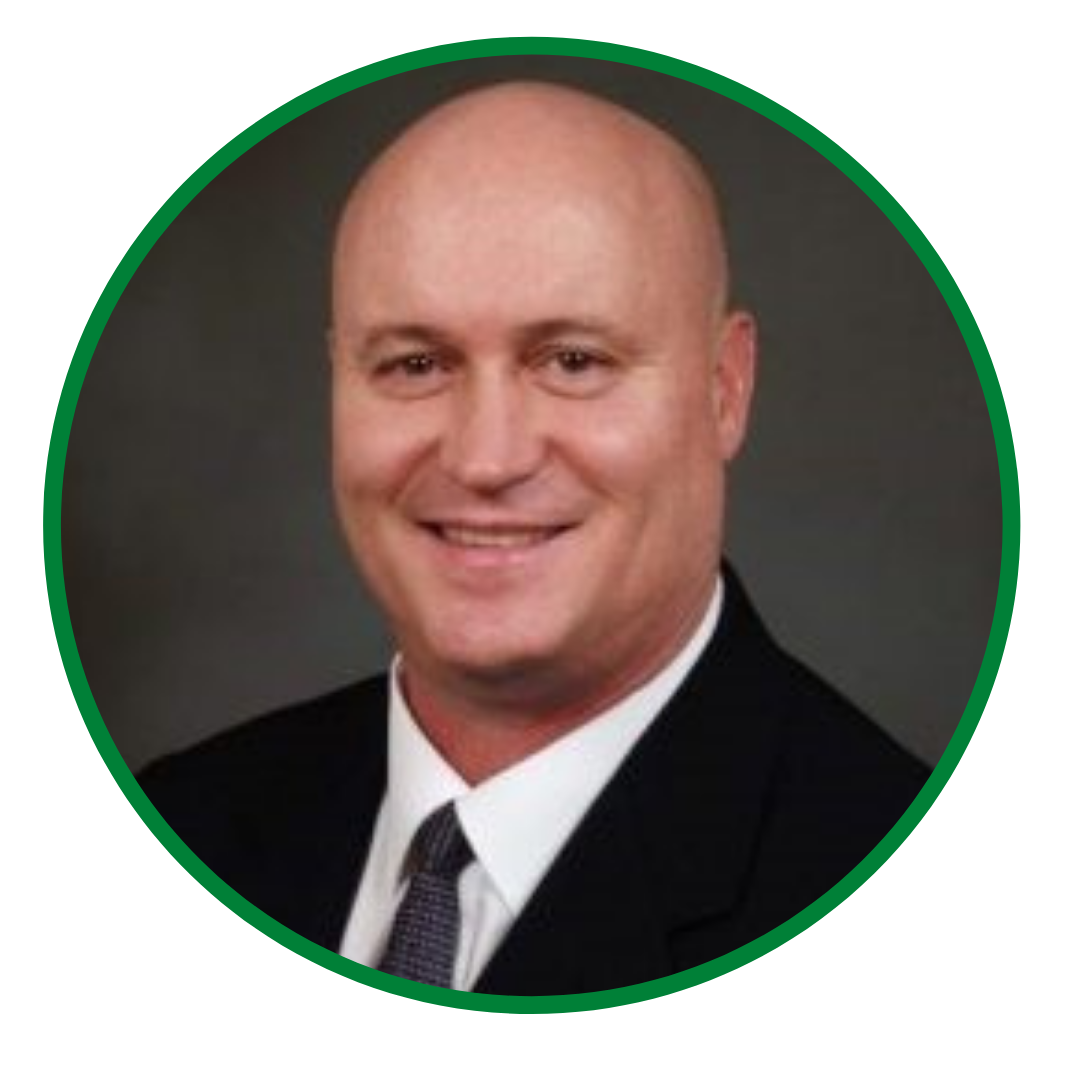 Carl B. Evers, Jr.
Carl B. Evers, Jr.
Chief Operating Officer, Western Permanent Crops, Hancock Farmland Services
Carl directs California property operations, acquisitions, leases and sales for Hancock Natural Resource Group. He oversees the farming operations and leasing for approximately 50,000 acres of permanent crops in California for HNRG. Carl was President and a founding member of Farmland Management Services. Prior to joining FMS in 1987, Carl farmed permanent and row cropland for Newhall Land & Farming Co. He holds a BS in Agricultural Management from California Polytechnic State University in San Luis Obispo and an MBA from Golden Gate University at San Francisco. Carl is an Accredited Farm Manager and recently received the “Farm Manager of the Year Award” in 2019 from the American Society of Farm Managers and Rural Appraisers. Carl also received a “National Association of Conservation Districts Award” for Soil and Water conservation in 1995.
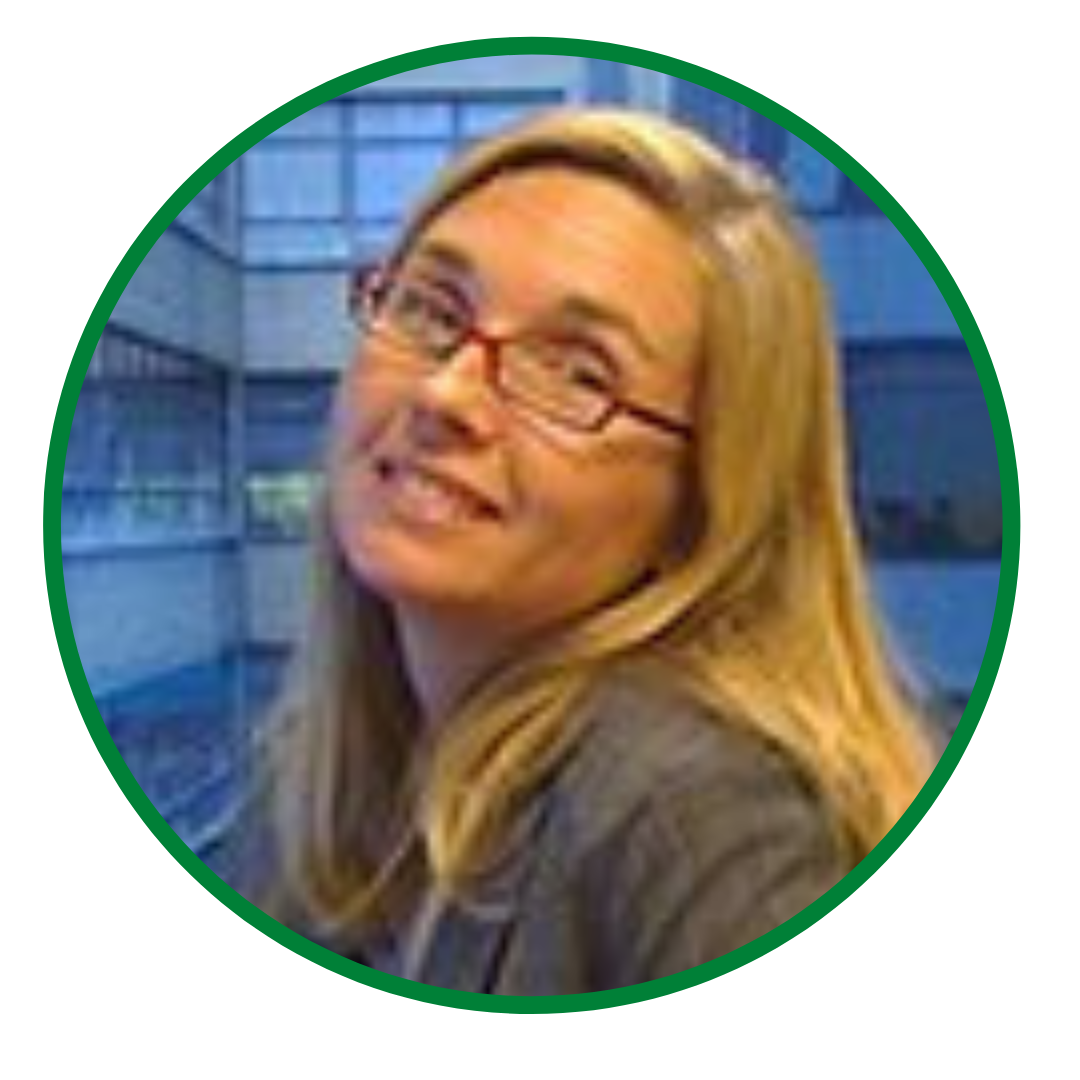 Tracey Farrigan
Tracey Farrigan
Geographer, United States Department of Agriculture
Tracey Farrigan is a Geographer with the Rural Economy Branch in the Resource and Rural Economics Division. She conducts research related to rural household well-being with a primary focus on economically distressed communities and vulnerable populations. Tracey’s current work includes research on resiliency to the intergenerational transmission of poverty, military veteran migration and the impact on the agricultural landscape, and the intersection of persistent poverty with natural disaster vulnerability and recovery. The latter two projects are informed by Tracey's ongoing service to the USDA veterans in agriculture task force and FEMA’s national disaster recovery interagency support team. Tracey is also leading an historical spatial analysis of rural poverty in conjunction with the 50-year anniversary of the National Advisory Commission on Rural Poverty’s seminal report the People Left Behind. That project includes a critical evaluation of the current methodology used by Federal agencies for poverty-area designation, which is rooted in research conducted during the 1960s War on Poverty and has not since been updated.
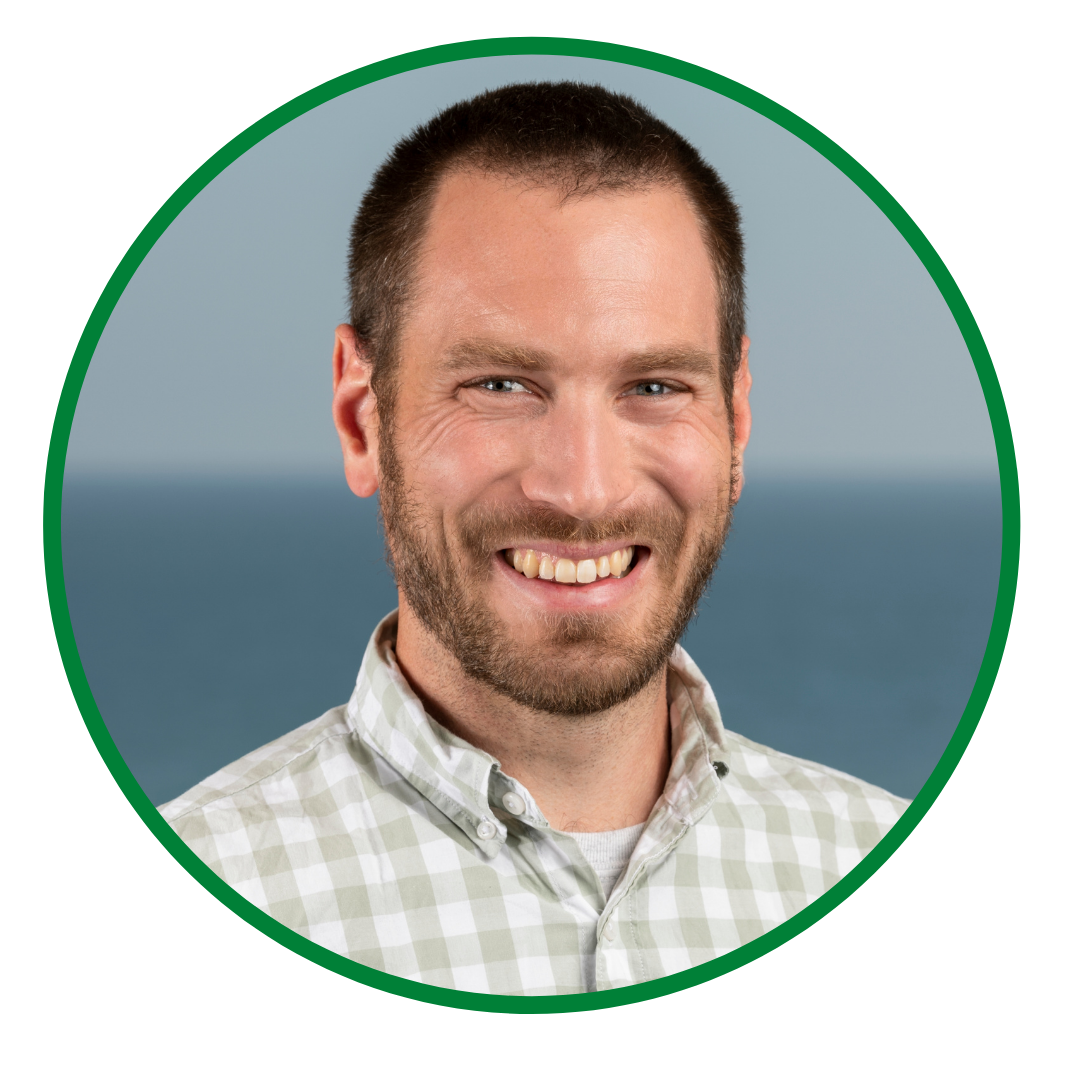 Christopher Free
Christopher Free
Postdoctoral Scholar, UC Santa Barbara
Chris Free is a Research Scientist with the University of California, Santa Barbara and The Nature Conservancy of California. His research is focused on the impacts of climate change on marine fisheries and aquaculture and the opportunities for innovative management strategies to mitigate these impacts. Chris seeks to find solutions to complex climate change problems and works at a mixture of local, national, and global scales. His training includes a B.A. in Conservation Biology from Middlebury College, a Ph.D. in Oceanography from Rutgers University, and two-years of postdoctoral experience at Rutgers and UC Santa Barbara. He has also worked on tropical timber management with the U.S. Forest Service, seabird conservation planning with Audubon Alaska, and fisheries ecology with the Dauphin Island Sea Lab.
 Trish Kelly
Trish Kelly
Managing Director, Valley Vision
Trish joined Valley Vision in 2014 as managing director after several years as a consultant to the organization. She oversees Valley Vision’s food and ag economy, 21st century workforce, and broadband strategies. Trish’s vast regional and statewide networks greatly contribute to the growth and vitality of the region. An effective grant writer, Trish helped the region win a coveted federal designation as a food and beverage manufacturing community.
Before coming to Valley Vision, Trish consulted a wide range of clients on economic development, including local jurisdictions, state and federal agencies, educational institutions, councils of governments, workforce development boards, and philanthropic entities. She led several flagship initiatives—including regional-state partnerships—on industry cluster and workforce development, rural policy, infrastructure, and sustainability indicators, including California’s first-ever, region-based indicator report for the California Strategic Growth Council.
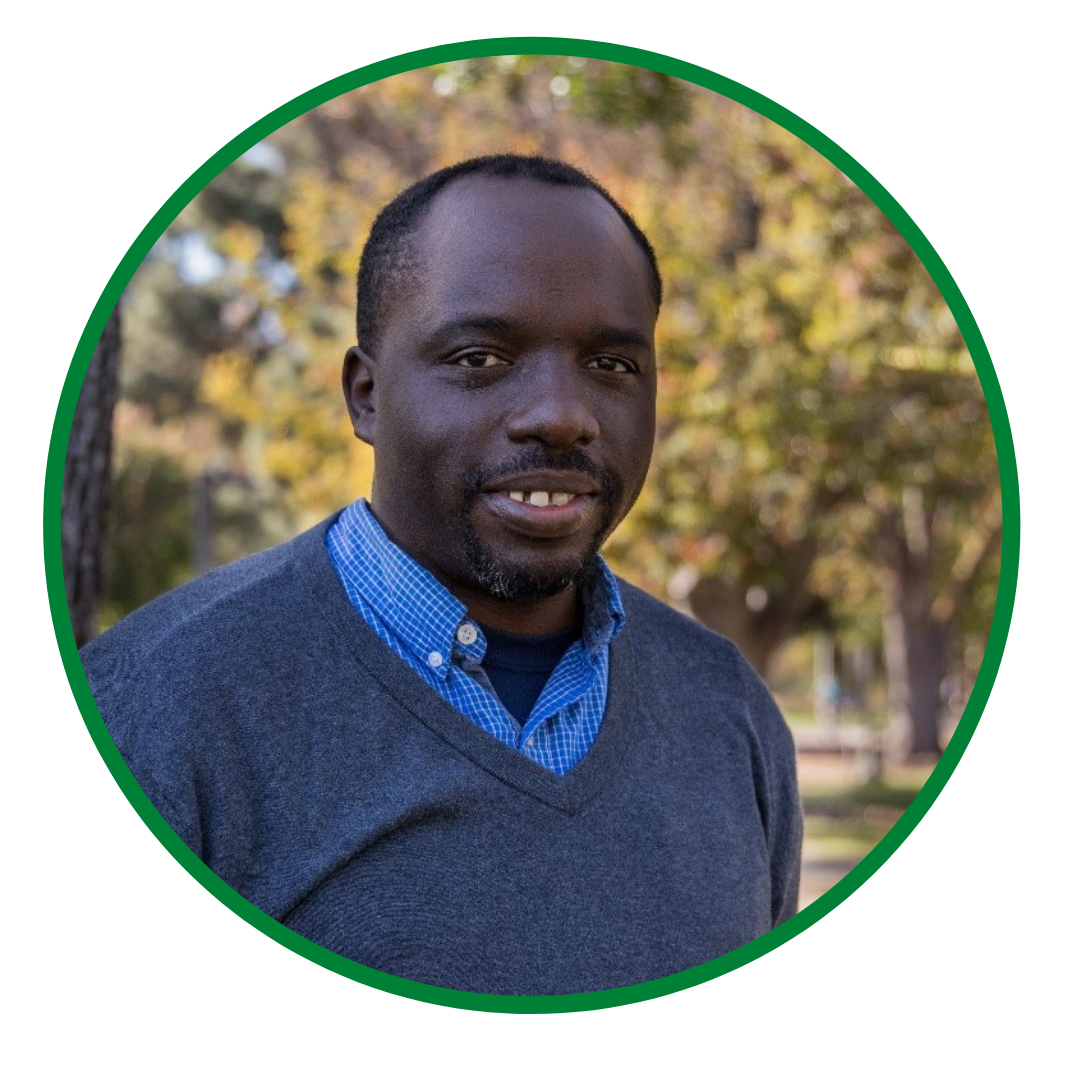 Isaya Kisekka
Isaya Kisekka
Professor, UC Davis
Dr. Kisekka is an associate professor of agricultural water management and Irrigation engineering at the University of California Davis. His core areas of specialization include agrohydrology and smart irrigation. He studies irrigation optimization for enhanced crop production, economic and environmental outcomes. He also studies large scale environmental impacts of agricultural water use on groundwater quality and quantity. Dr. Kisekka is also studying alternative water supplies for irrigation including recycled water reuse
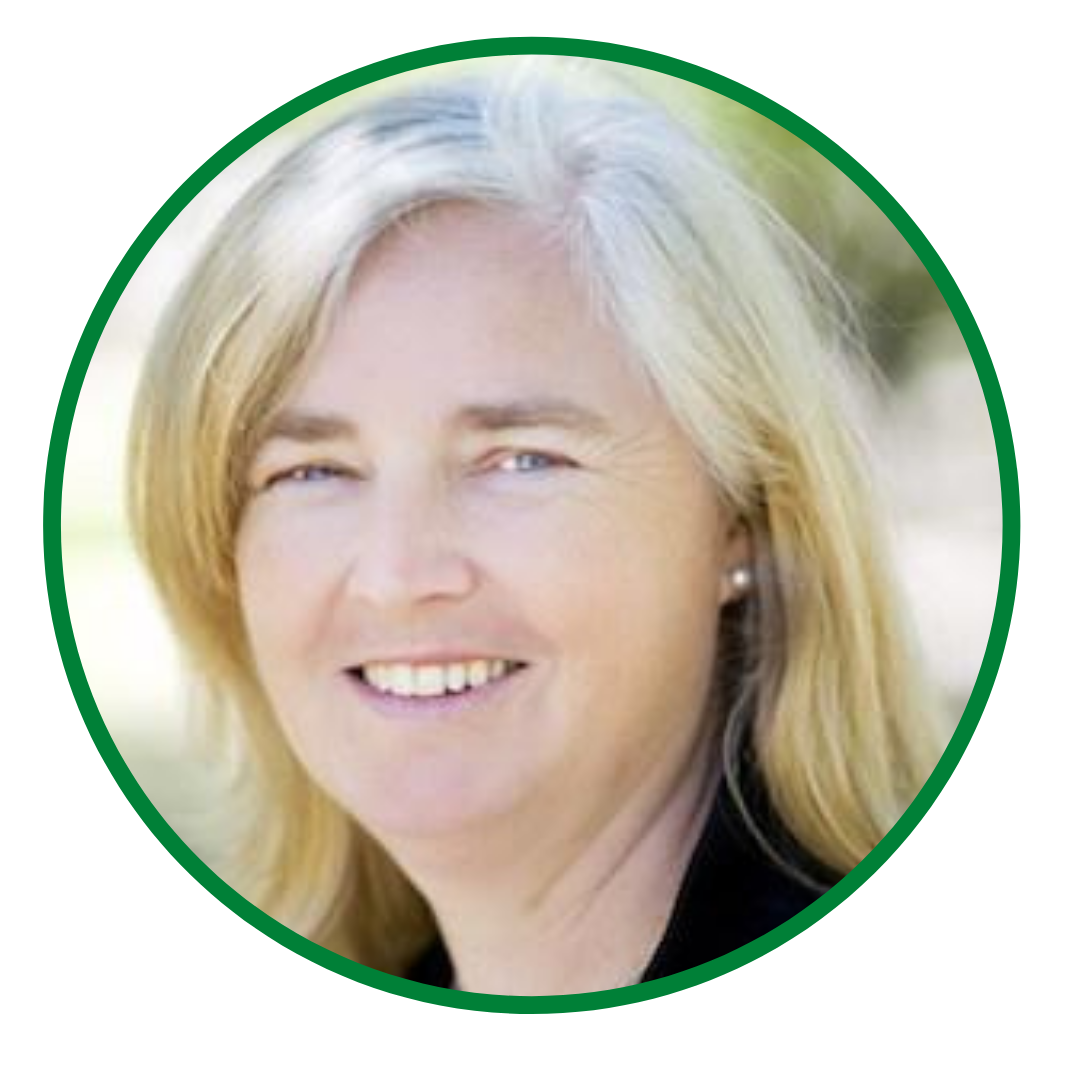 Gabriele Ludwig
Gabriele Ludwig
Director, Sustainability & Environmental Affairs, Almond Board of California
Gabriele Ludwig has a passion for agriculture and the environment as well as research and policy. As the Director of Sustainability & Environmental Affairs for the Almond Board of California, Ludwig focuses on research and generic marketing of almonds and is funded by a grower assessment. During her 10 years with the organization, she has occupied a variety of roles. In her current position, she has been instrumental in the development of the California Almond Sustainability Program, and continues to encourage a diverse range of research on almonds and environmental issues. Prior to joining the Almond Board, she worked for the consulting firm Schramm, Williams & Associates in Washington, DC.
Ludwig is currently a participant of the California Roundtable for Ag and the Environment, Board chair for the Coalition for Urban/Rural Environmental Stewardship, and serves on several government agencies’ advisory committees. She received her PhD in plant physiology from UC Davis and her BA in Biology from Wellesley College.
 Aria McLauchlan
Aria McLauchlan
Co-Founder & Executive Director, Land Core
Aria McLauchlan is the Co-founder & Executive Director of Land Core, a non-profit organization advancing soil health policies and programs that create value for farmers, businesses and communities. Aria was also a 2018 Exchange Fellow at the Stone Barns Center for Food and Agriculture. Working at the intersection of food, agriculture and climate change, she was one of nine women selected as leaders equipped to tackle vexing challenges and identify emerging opportunities for systemic change across geographies and disciplines. Until 2016, Aria served as communications director of Kiss the Ground, a nonprofit organization promoting healthy soil. In this role, she directed the launch of “The Soil Story,” a petition campaign that resulted in the passing of the California Healthy Soils Initiative. Previously, Aria spent a decade working in business development, branding and marketing, primarily on social impact campaigns for clients like Target, Rainforest Alliance, Ekocycle, Prana, Aveda, National-Geographic | Lindblad Expeditions and The Wildlife Conservation Society.
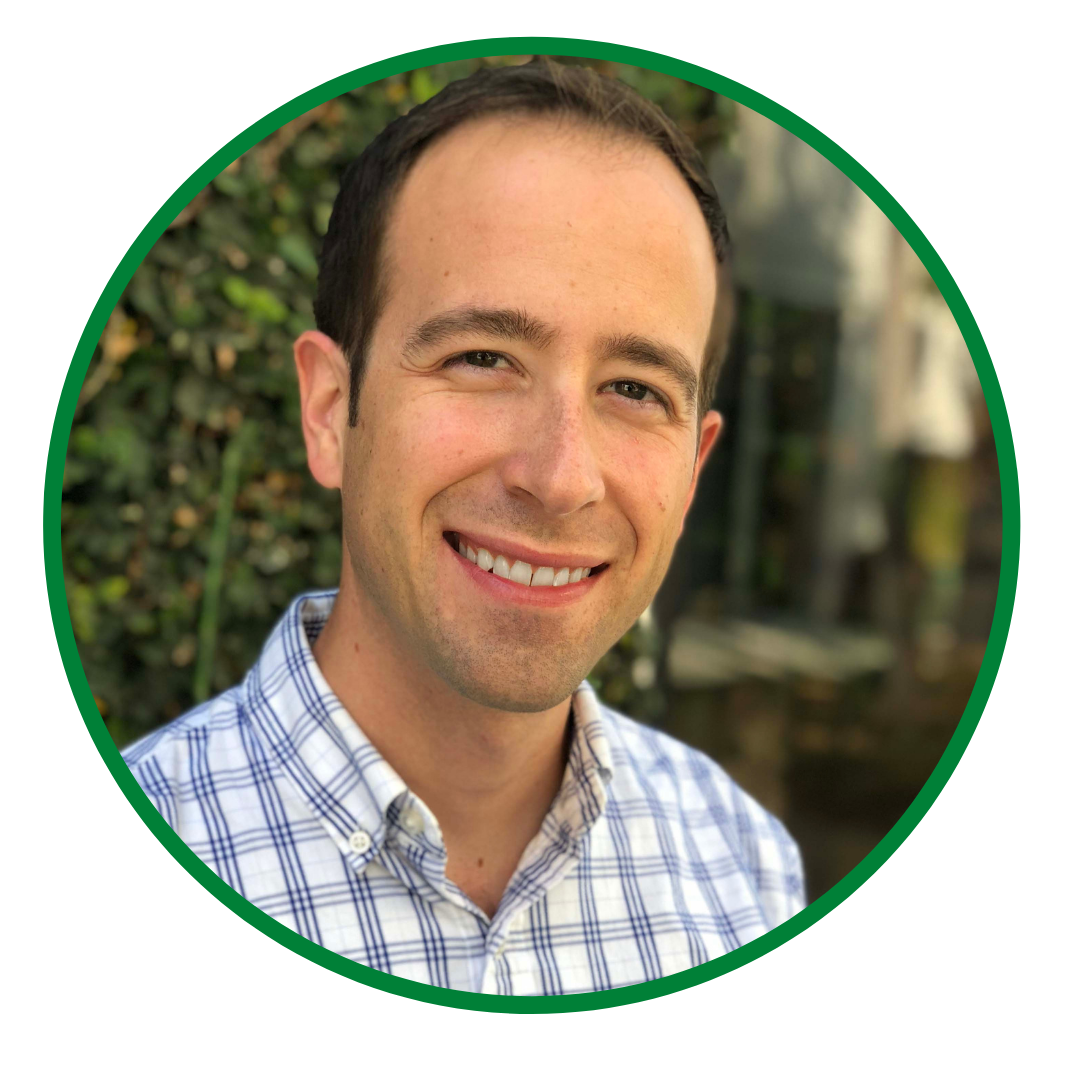 Nathan Mueller
Nathan Mueller
Assistant Professor, Colorado State University
Nathan Mueller is an Assistant Professor at Colorado State University in the Department of Ecosystem Science and Sustainability and the Department of Soil and Crop Sciences. Nathan's research examines the interactions between agroecosystems and global environmental change using geospatial data across regional to global scales. Much of his ongoing research is focused on identifying climate change vulnerabilities and adaptation possibilities. Nathan received his Ph.D. from the University of Minnesota and his B.A. from St. Olaf College.
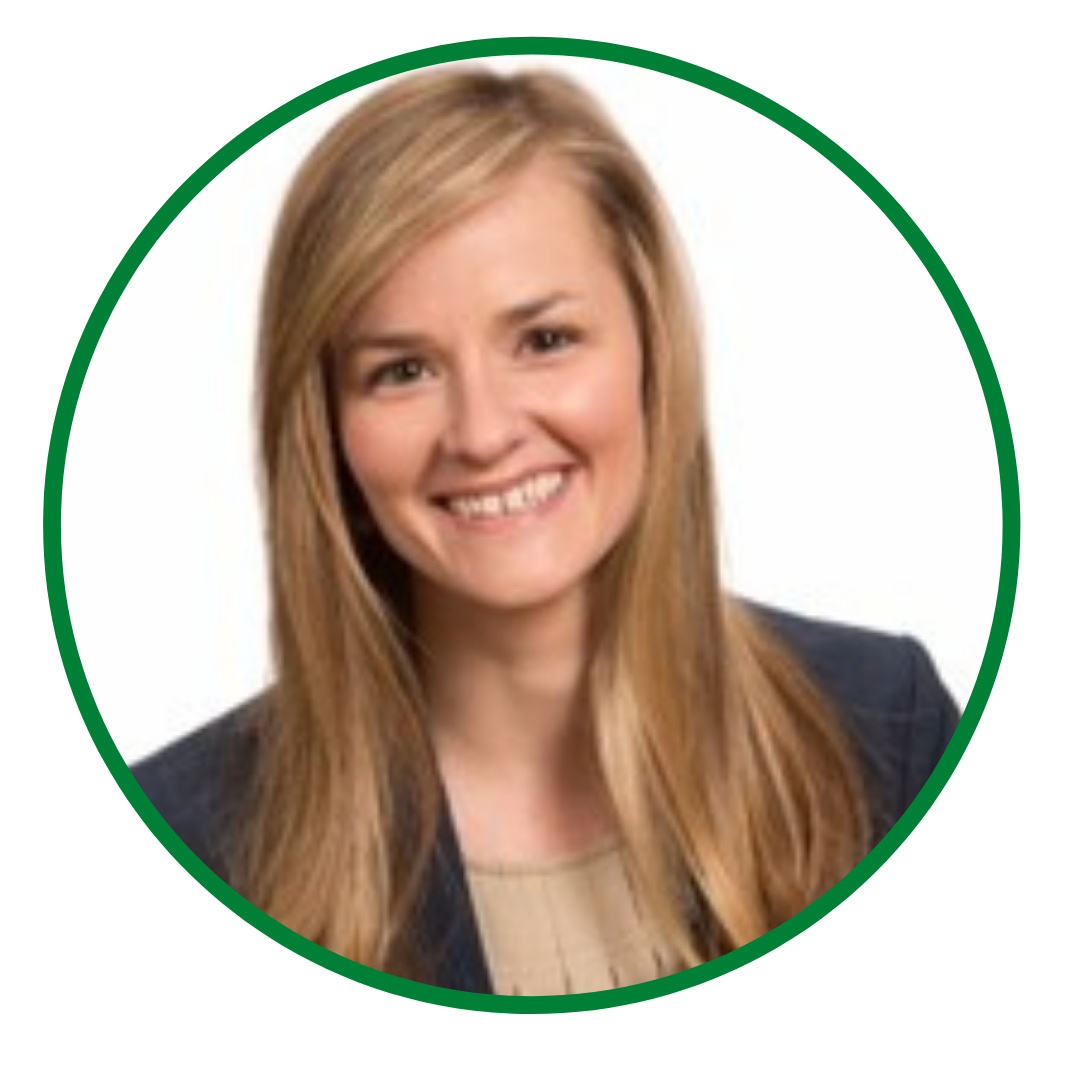 Meredith Niles
Meredith Niles
Assistant Professor, University of Vermont
Dr. Meredith Niles is an assistant professor in the Department of Nutrition and Food Sciences at the University of Vermont and also teaches and advises in the food systems program. She completed her BA in politics with honors in environmental studies at The Catholic University of America, a PhD in Ecology at the University of California at Davis and was a post-doctorate fellow in Sustainability Science at Harvard University's Kennedy School of Government. Meredith thrives conducting applied research that can help bring together diverse stakeholders- whether on a farm or working with policymakers- to help solve pressing problems facing our world's food system. Meredith’s work focuses on sustainable food security across three areas: 1) Ensuring sustainable food production by working to understand farmer’s adoption of sustainable practices; 2) Food access and security in a changing world, particularly the impact of climate change and COVID-19; and 3) food waste behaviors and policy. Currently she has a number of ongoing research projects related to food systems, health and environment from the perspective of people, behavior and policy.
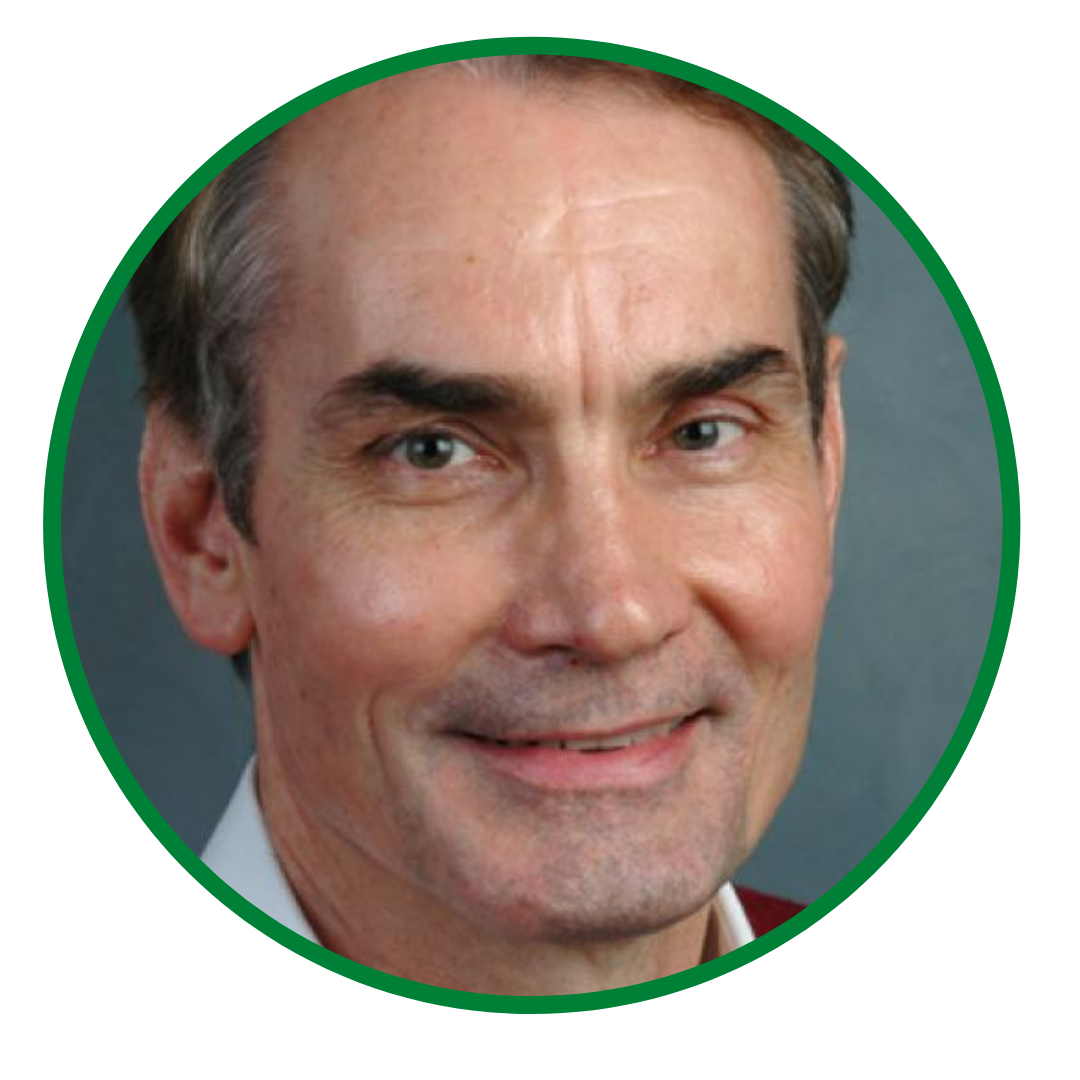 Kent Pinkerton
Kent Pinkerton
Professor, Department of Anatomy, Physiology and Cell Biology, School of Veterinary Medicine, Department of Pediatrics, School of Medicine
Research Interests: Pathophysiology of the respiratory system. The effects of environmental air pollutants (gases, vapors, and particles) on lung inflammation and disease. The role of cytokines and growth factors in lung maturation and development. The impact of nanotechnology on health and disease. Research techniques include pulmonary function testing of small laboratory animals, telemetry for cardiovascular physiology, morphometric assessment of respiratory structure and function, inhalation chambers and exposure systems.
 Chase Sova
Chase Sova
Senior Director of Public Policy and Research, World Food Program USA
Chase Sova is senior director of Public Policy and Research at World Food Program USA (WFP USA). Previously, Chase worked with the United Nations Food and Agriculture Organization (FAO), International Center for Tropical Agriculture (CIAT) and the CGIAR Research Program on Climate Change, Agriculture and Food Security (CCAFS). He has consulted with the World Bank, Johns Hopkins, and Tufts University. Interested in the intersection of food insecurity and conflict, humanitarian assistance, climate change, and sustainable agriculture, Chase has worked on food systems in 15 developing countries across Latin America, sub-Saharan Africa and South Asia. He has led several major research initiatives including WFP USA’s Winning the Peace: Hunger and Instability flagship report. Chase has served as an expert witness at the Senate Foreign Relations Committee, his writing has been featured extensively in peer-reviewed journals, and he regularly lectures on food insecurity at Universities in Washington, D.C. He delivered a TEDx talk on “Winning the Long Game in the Fight to End Hunger” in 2018. Chase earned his Ph.D. from Oxford University.
 June Spector
June Spector
Director, Occupational & Environmental Medicine, University of Washington
Dr. Spector is a physician-scientist with a focus on the prevention and management of adverse health outcomes related to heat exposure and other climate-related hazards in working populations. She is actively engaged in interdisciplinary research to evaluate health benefits of conservation interventions to inform progress toward sustainable development and climate goals. She has been a faculty member at the University of Washington since 2012 and holds appointments in the Department of Environmental and Occupational Health Sciences and Medicine (General Internal Medicine). She is the Director of Occupational & Environmental Medicine at the University of Washington.
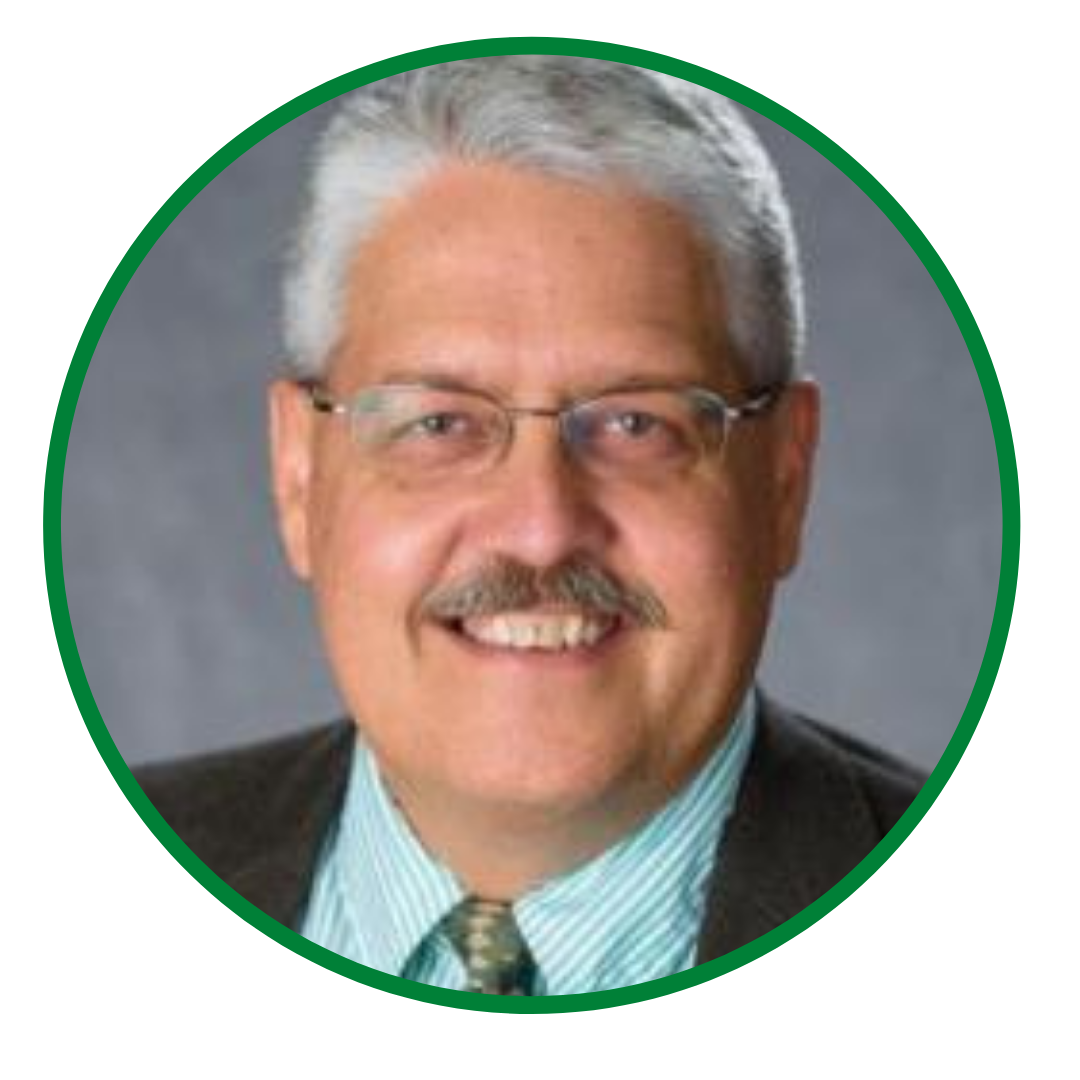 Tim Woods
Tim Woods
Extension Professor, Department of Agricultural Economics, University of Kentucky
Agribusiness management and marketing with special emphasis on horticulture, food business development, consumer and direct markets, and farm entrepreneurship; MarketReady Training for Specialty Crop Growers, a producer training program designed to educate producers on best business practices associated with selling to grocery, restaurant, wholesale, and other institutional markets; UK Food Systems Innovation Center; Center for Crop Diversification; Going to the Farm-acy: The Effect of CSA-Backed Produce Prescriptions on Eating Behaviors and Health Outcomes in Rural Kentucky.